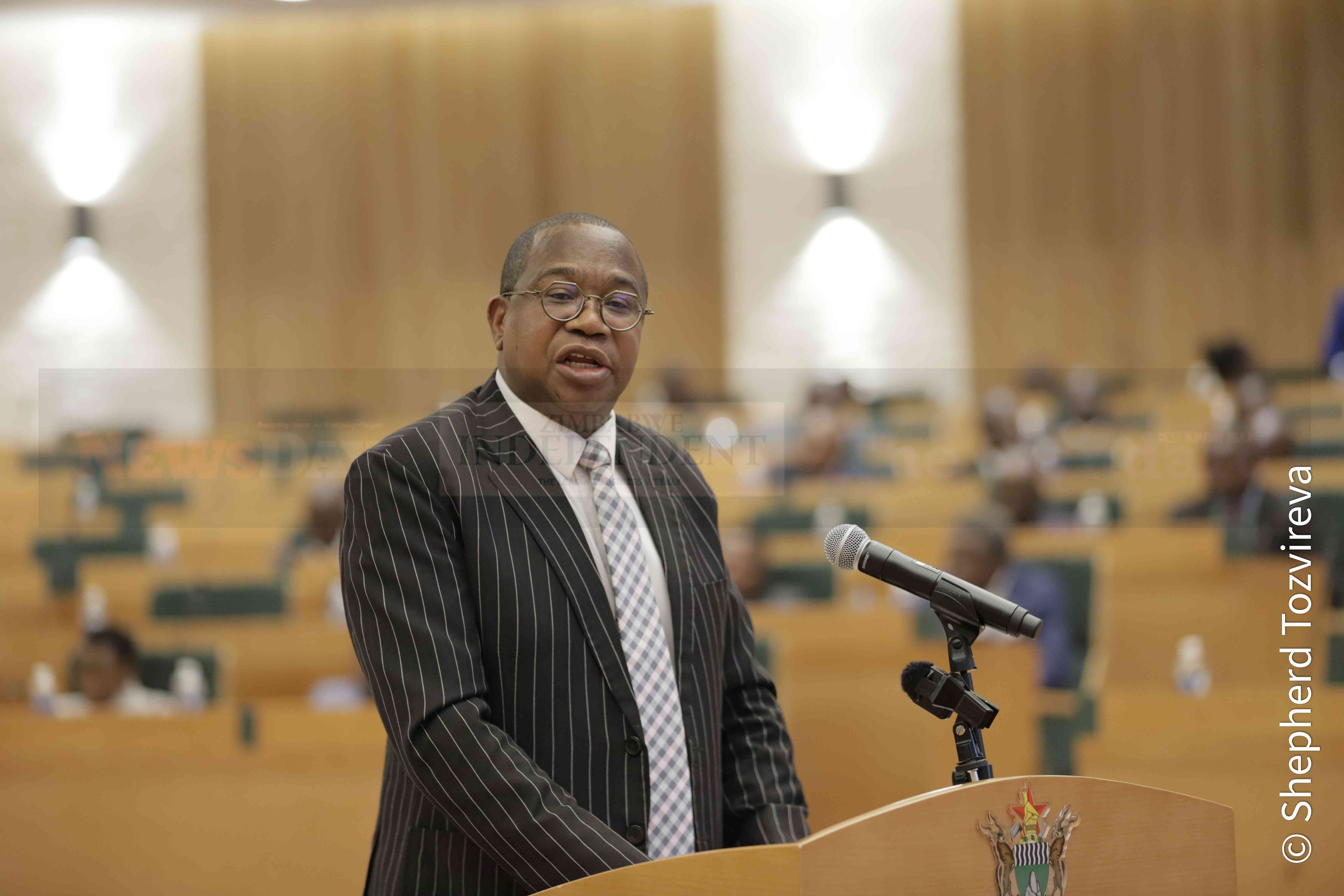
GOVERNMENT has removed value-added tax on selected meat products, while slashing presumptive taxes and directed that all user fees for its services be paid in the local currency in a bid to lower the cost of living, increase tax compliance among informal traders and promote the ZiG.
This comes as consumers are continuing to face a high cost of living that is constantly lowering the consumer family basket owing to high local and foreign currency pricing.
Last month, the cost of living was recorded at ZiG623,40 for one person, making it ZiG3 117 for a family of five.
Further, with the economy expected to contract by 2% this year, from a growth of 5,3% in 2023, the government is seeking ways to improve its domestic tax mobilisation.
Hence, by cutting presumptive taxes for informal traders, the government is hoping to encourage tax compliance considering that the sector is estimated to have an annual turnover of over US$14 billion.
A presumptive tax is a tax levied on informal traders, small–scale miners, cottage industry operators, transport operators.
A tax compliant operator (who keeps proper books of accounts, furnish tax returns and pay taxes) is exempted from this tax, provided that he has a valid tax clearance”
Finance, Economic Development and Investment Promotion minister Mthuli Ncube yesterday announced the new measures in his 2024 Mid-Year Budget Review Statement.
- Budget dampens workers’ hopes
- Govt issues $24 billion Covid-19 guarantees
- Letter to my People:They have no answers for Nero’s charisma
- ZMX to enhance farm profitability
Keep Reading
“Going forward, all user fees for government services shall exclusively be payable in local currency unless specifically provided otherwise,” Ncube said.
“In order to promote the circulation of the ZiG within banking channels, curtail practices of money laundering, thereby combating financing of terrorism, I propose payment of all presumptive taxes in local currency, regardless of the currency of trade.
“In order to promote use of the local currency, I propose payment of customs duty in local currency on selected products.”
He said the dynamic nature of the economy required a review of the presumptive tax regime, cognisant of the significant contribution of such operators to economic growth.
Ncube was referring to the informal sector, which is estimated to contribute between 60% and 70% to the country’s economic activity.
“I propose to review the presumptive tax structure downwards, in order to provide relief, thereby enhancing tax compliance,” he said.
The measures will see lower costs for hairdressers, cross-border traders, commuter omnibus operators, beauty and massage specialists, fitness centres and butcheries.
Ncube also scrapped VAT on various meat products in a move that may see prices of meat falling, after retailers noted that the tax had significantly seen a drop in meat demand.
“In order to encourage formal trade, thus restoring demand for meat products, I propose to exempt live cattle, pigs, goats, sheep and bovine semen from VAT. Furthermore, I propose to exempt poultry meat and kapenta from VAT,” Ncube said.
He said he would adopt a reserve accumulation strategy towards ensuring that the ZiG circulating in the economy is fully backed by adequate international reserves.
Also, in a move that could force fuel dealers to eventually accept the ZiG, Ncube proposed mandatory fiscalisation of all domestic fuel sales starting from November.
“Cognisant of the opportunity by operators to under-declare fuel imports as well as abuse of the removal in transit facility, I propose to introduce mandatory fiscalisation of domestic fuel sales with effect from November 1, 2024,” he said.
Ncube also proposed to further widen the scope of the Indigenisation and Empowerment Act to ensure more sectors are reserved for Zimbabweans.
Under the current laws, sectors reserved for Zimbabweans include transport (passenger buses, taxis and car hire services), retail, wholesaling, hair salons, advertising agencies, estate agencies, grain milling, bakeries, tobacco grading and packaging and artisanal mining.
“I propose that legislation be amended to provide for additional sectors which include haulage and logistics, customs clearing, shipping and forwarding, borehole drilling, brick manufacturing and pharmaceutical retailing,” Ncube said.
He has also discontinued the urban mass transportation system to pave way for recapitalisation of the Zimbabwe United Passenger Commission (Zupco).
“Outlays for subsidies for the period to June 2024 amounted to ZiG129 million (US$9,368 million) towards the mass bus transport system (ZiG107,4 million) approximately US$7,8 million,” Ncube said.
“Under the mass bus transport system, the support targeted 700 buses at US$280 per day and 300 commuter omnibuses at US$90 per day, while support to ZIMSEC [Zimbabwe School Examinations Council] targeted payment of outstanding 2023 examination expenses.
“The urban mass transport system has since been discontinued to pave way for the recapitalisation of Zupco, which is now being undertaken within the Mutapa Investment Fund, following the transfer of the parastatal to the fund.”
He revised downwards the economic growth prospects for the year to 2%, from the projected 3,5%.
“The downward revision is mainly attributed to the more severe than expected impact of the El Niño-induced drought on agricultural input,” he said.
“In the outlook period, inflationary pressures are expected to remain subdued due to the tight monetary and fiscal policies being pursued by the authorities aided by dissipating negative inflation expectations as the local currency remains stable against major currencies.”










